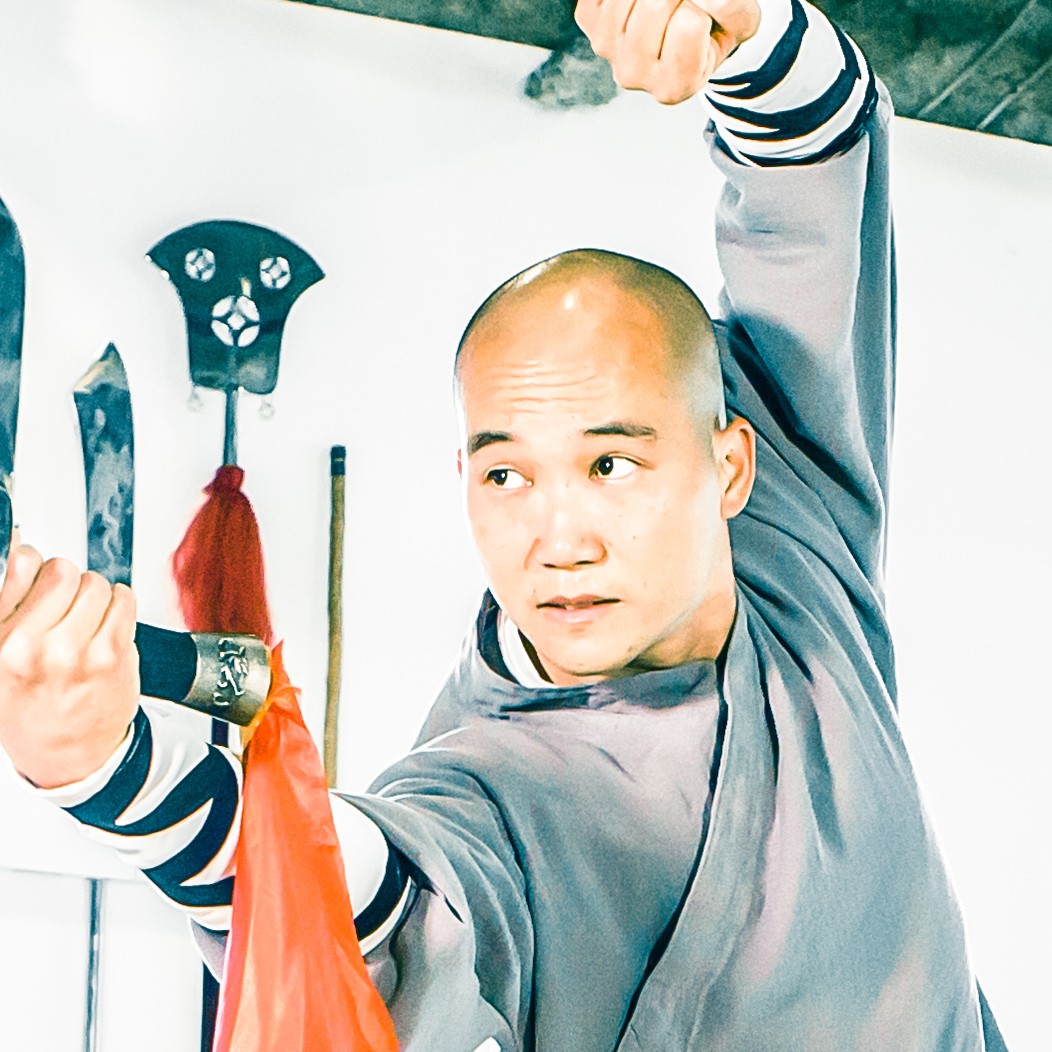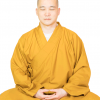How to Boost Your Self-Esteem

Poor self-esteem can be debilitating due to a lack of confidence. It causes stress and anxiety. It can prevent you from making decisions in a timely manner or going after what you want because you fear a negative outcome.
Today, we will explore the idea of self-esteem, learn to assess it more clearly for ourselves, and then take fruitful action so that we can be at greater peace with ourselves, and live life more positively and confidently.
What is Self-Esteem?
Confidence and Doubt
A common way to think about Self-Esteem is, ‘confidence in yourself’. This can be very confusing so let’s explore this idea first so that we may explore a potentially better definition.
When you are not confident, you will be greatly affected by the opinions and criticisms of those around you. You may perceive that others are better off than you are in some way. You may also feel uncertain about how to achieve personal goals.
Confidence degrades when you receive poor or unsatisfactory results. For example, you may have a bad result on a school test, your boss scolds you for poor work ethics, or you have a financial investment loss.
The lack of confidence generates the feelings of doubt. You will second guess yourself, feel anxiety, and inhibit your ability to make decisions or take action in a timely manner.
On the other hand, when you feel confident, you make decisions swiftly and feel good about the results.
Confidence, however, is not the same as self-esteem. Confidence is a feeling that can help one through an exam, asking someone out on a date, completing a project on time, etc. Self-esteem, on the other hand, is not an emotion. We’ll explore the relationship between self-esteem and confidence later.
Let’s first try to formally define ‘Self-esteem' so that we can understand it in a way that we can objectively work on it, improve it, and apply it.
What is Self-Esteem then?
It’s not easy, actually, to define self-esteem, so let’s give it a shot and examine this idea from several interrelated angles.
Self-esteem is an overall measure of one’s belief in oneself. It is a measure of how clearly you understand who you are in relation to others and the universe and gives you the fortitude to live and take action. Self-esteem is developed through the cumulative experiences that one has and is especially affected by the perceived positive and negative results that come with those experiences.
When your self-esteem is strong, you accept the events in life as learning lessons and are not easily impacted by any resulting emotions. You believe that your actions, thoughts, and lifestyle are all helping you to experience a satisfying life.
You can also think of self-esteem as the foundation of the ego. The ego itself is a worthy topic on its own, so for now, think of the ego as the total perceptual layers of your reality, which drives the motivation for your conscious and subconscious actions.
The more you understand yourself, and the more aware you are of your actions, thoughts, needs, and wants, the more you’ll be able to understand who you are and your place in this universe. This will all contribute to a strong self-esteem, giving you certainty and drive behind your intentions.
A third way to think of self-esteem is your ability and motivation to live fruitfully. If you are just getting by in life and feel confused about what life is about, then your self-esteem is likely suffering. On the other hand, if you are living life to the fullest, and you feel your decisions and actions today are contributing to a positive life now and in the distant future, then you must have a strong self-esteem.
Thus you could say that self-esteem is also ‘confidence about who you are and your purpose in the universe’.
How Self-Esteem Can Easily Shatter
One way of understanding how to boost the self-esteem is to do the opposite, and learn how many of us can easily loose our self-esteem.
Let’s examine three common ways we can lose our self-esteem.
Firstly, unrealistic expectations creates a ticking time bomb for self-esteem. When we fantasize about our desires we unknowingly create unrealistic expectations for ourselves. When we are unable to achieve our expectations, we may think less highly of ourselves, or develop anxiety and stress.
For example, movie and pop culture seems to suggest that we all need to be wealthy to be happy. This sets off the unrealistic expectation that we must become millionaires or we won’t be happy. Some people spend most of their lives chasing after this idea, overworking themselves, and burning out from stress and exhaustion. If and when they finally achieve it, they are surprised to learn that being a millionaire has nothing to do with happiness or peace (of course, it doesn’t mean that they won’t be happy or be at peace).
I once travelled around the southeastern area of India. It took about 4 weeks. During that period, I spent a lot of time with the poorest people who had make-shift huts on the beach, and also with the richest people who owned mansions and huge properties. What I discovered was that the poorest people had fewer distractions in their lives and focused on love and family. The richest people were constantly distracted by entertainment and lofty goals. These are generalizations and don't apply to everyone. The main point is that both the poor and the rich appeared equally happy, and wealth had nothing to do with happiness.
We can apply this idea to many aspects of our lives, to see that we often create unrealistic expectations for ourselves related to relationships, wealth, property, family, physique, and even mental health.
Secondly, many people live in regret for things they have done or said. There are many examples of this in relation to others. Perhaps you may be able to recall times when you have said something or done something to a family member that you wish you had not. You may perceive that a relationship ‘cannot go back to the way it was before’.
Regret casts doubt and shakes the very foundation self-esteem. Often times, regret results from unrealistic expectations of ourselves, making what feel are poor choices, or not being able to learn from our mistakes.
There are also times when you may feel regret for decisions you’ve made for yourself.
For example, let’s say you are working for a company that is paying well and you are mostly happy with what you are doing and with how the company is operated. A headhunter approaches you and gives you an opportunity to make 25% more money. Without hesitation you take it, only to find out the new company has a stressful environment and you are not enjoying working there. You left a great job because you were tempted by money and now you cannot go back. You will likely feel regret and may start to question yourself every time you make bigger decisions in your life.
When our emotions heighten such as with anger, fear, and even excitement, we may say or do things that we later feel regret and wish we had not done.
Regret is a topic of discussion worthy of its own investigation. We shall explore regret and how to deal with it in the future.
Thirdly, when are not well prepared to tackle the surprises in life, unexpected outcomes can easily shatter our self-esteem.
How would you feel if suddenly you were laid off from work, even though you felt you were doing a good job?
How would you feel if you did poorly on a school exam when you studied well and felt good about it?
How would you feel if your partner suddenly left you and told you that you are not good enough?
How would you feel if suddenly you could no longer enjoy physical exercise due to injury or aging?
Many similar events are happening throughout your life and may even happen daily. Often times there’s no clear answer or explanation. How do you go forward and make decisions about your life when events seemingly question your choices?
If you do not have the wisdom to deal with unexpected events, your self-esteem will be shaken.
Our self-esteem is fragile. We must learn to nurture it.
Understanding How to Improve Your Self-Esteem
Self-esteem is at the very heart of Shaolin Chan-Dao wisdom.
Improving your self-esteem means understanding the ego-self, working on the perceptions of yourself and the world, developing your ability to manage your emotions, and improving your relationships with your subconscious.
Before continuing, I recommend you learn more about these ideas now through the article, “The Principles of Chan-Dao Self-Wisdom”.
When you return to this article, you will have a greater appreciation for how we go about improving the self esteem.
Steps for Improving Your Self-Esteem
With a general understanding of the primary wisdom of Chan-Dao philosophy, it’s time for introspection, which means taking the time to understand yourself better. This will require honesty, humility, and reflection.
The first and most important step is to do silent meditation or moving meditation. This will help quiet the mind and prepare you for mental work.
Silent meditation isn’t the best place to start for everyone, so if the idea gives you anxiety, try some form of moving meditation instead. For example, you can go for a jog or a walk and keep to yourself (i.e. minimize distractions).
Secondly, once you have a sense of calmness, find a comfortable and tranquil place where you can relax and introspect. You will want a place without distractions so you can focus on yourself.
Getting through the first two steps is important and may take a few minutes or several hours. Everyone is different and the current circumstances will also dictate the amount of time needed.
Finally, you are ready to work on your self-esteem. You can explore your perceptual thoughts, emotions, ego, and subconscious in any order.
One of the techniques that can help with this is to ask yourself questions, such as:
“What do I want in life?”
“How does what I’m doing help me?”
“Why does this particular event make me feel this way?”
“Why am I spending my time in this particular way?”
“Why do I conclude this about someone?”
“Why does it matter what a particular person says about me?”
etc.
You can also ask more directly about the primary components of Chan-Dao philosophy:
“What are my main perceptual layers? Do they still make sense?”
“What are the emotions that I experienced today? How did I react to them and why?”
“How did my subconscious try to communicate with me today? Did I react accordingly?”
“Is my subconscious stressed out and why?”
etc.
There is no limit to the kinds of questions you can ask yourself. Spend 15 minutes or more for each question you ask yourself.
You can ask yourself just one question for every session, or ask multiple questions. Do not rush through them and take the time to explore.
There is also no right answer! Only you’ll know what is the right answer, and that answer may also change with time and experience.
Final Thoughts…
Introspection will help you to better understand all of your desires, why you have them, how they impact your actions, how they cause suffering, and whether you even still need them.
By understanding yourself more clearly, you can be more confident in living your life and accepting the resulting and potential consequences of your decisions. You will also be able to strive and positively learn from events that you deem to be a mistake.
On the other hand, if you do not take the time to introspect, it means life is going too fast for you, and you are too busy to pay attention to your thoughts and how you work. This will develop arrogance and ignorance which will likely cause you suffering in the future.
As you become more comfortable with who you are, you will improve the way you make decisions for yourself, the way you interact with your environment and others, and feel better about yourself. This will all lead to a stronger self-esteem.
Shàolín Chándào perspective:
The idea of self-esteem is born from the idea of the ‘ego-self’, which comes from our perceptual layers of understanding and individual needs and desires. Daily meditation and quiet contemplation with self-reflection are necessary techniques if we want to understand ourselves more clearly and achieve peace. In time, you can throw out any ideas of self-esteem, and instead, just be.








 Written by Dao on Monday, February 06, 2023
Written by Dao on Monday, February 06, 2023











 YouTube
YouTube Instagram
Instagram Facebook
Facebook Discord
Discord